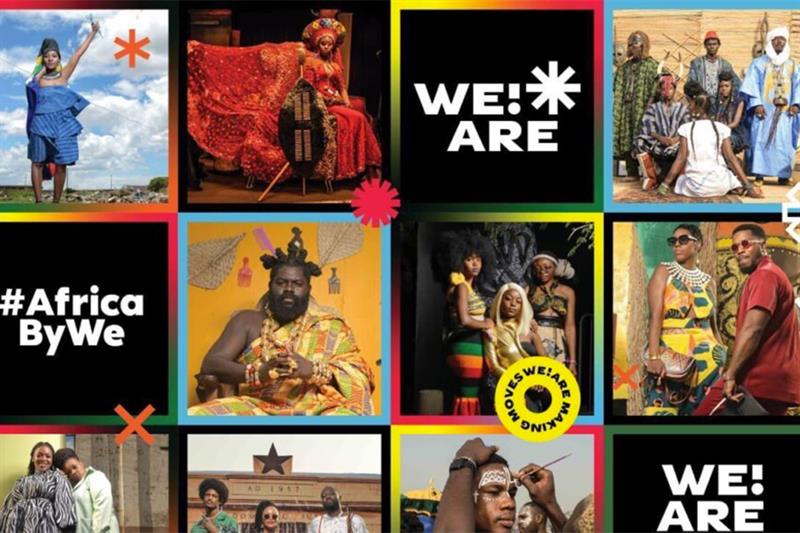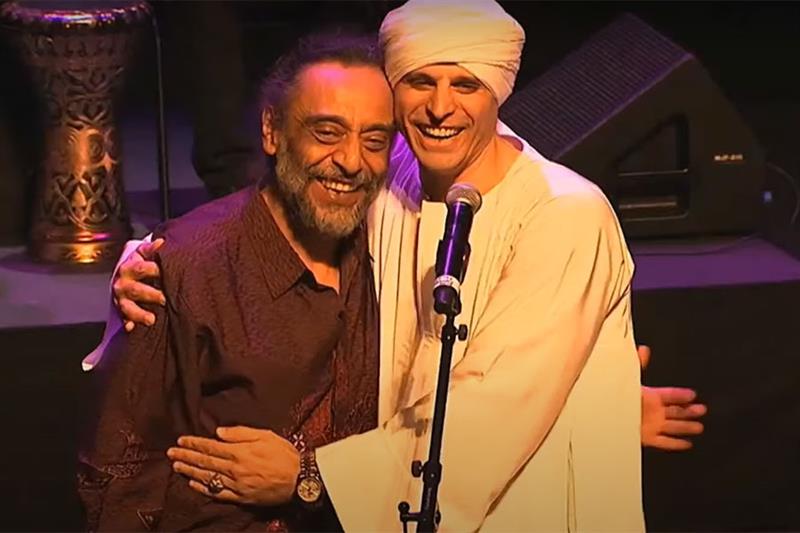How Myanmar's junta is using Chinese facial recognition technology
Rights groups warn high-tech surveillance systems will be used to track down and eliminate the junta's opponents.

Myanmar's military is expanding surveillance under the guise of public security
Myanmar's junta is expanding its public surveillance capabilities by using facial recognition technology, raising fresh concerns about the safety of democracy activists and resistance groups in Myanmar.
In March, Human Rights Watch (HRW) released a report on Myanmar's use of the Chinese-made facial recognition systems, warning of a "serious threat" to human rights.
HRW said hundreds of cameras were installed in townships around the capital Naypyidaw in December 2020, before the military took power in a coup, in the first phase of a security initiative called "safe city." Cameras were also installed in Myanmar's largest city, Yangon.
Experts and activists on the ground fear that the military's increased access to this technology could have consequences for the safety of anyone opposing the junta.
A report by the Reuters news agency in July revealed that Myanmar's military government is now expanding camera surveillance systems for cities in all 14 states and divisions in the country.
The cameras, sourced from Chinese tech conglomerates Huawei, Dahua and Hikvision, are equipped with artificial intelligence technology that automatically scans faces and vehicle license plates in public places and alerts authorities to those on a wanted list.
"This is another threat coming, not just on the ground. We are now resisting a digital authoritarian regime," Thinzar Shunlei Yi, a Yangon-based activist, told DW.

Many activists hide their identity as the military tries to stamp out resistance
Myanmar's struggle for democracy
The people of Myanmar were accustomed to military rule in the past, but after a decade of progress and development, the past 18 months have left many feeling as if they are going back.
A short-lived experiment with democracy ended on February 1, 2021, when the military seized power and overthrew the democratically-elected civilian government led by Aung San Suu Kyi. Military commander Min Aung Hlaing then imposed a state of emergency and arrested elected leaders, including Suu Kyi.
Although the coup triggered one of the biggest pro-democracy protests in Myanmar's history, the army's response was swift and violent.
According to the Assistance Association for Political Prisoners (AAPP), more than 2,100 people have been killed since the military regime took power and over 14,800 have been arrested, charged or sentenced by the junta.
The army has ignored international pressure to reinstate civilian rule and has also been tightening its grip on democracy activists and the opposition through the digital space.
By controlling the biggest telecommunication company in Myanmar, Telenor, the junta has restricted internet access and censored online content. There have also been reports that the junta has installed spyware on telecom services and internet providers to further monitor and combat online "traitors."
"We are not safe. Basically, all our information can be exposed. The junta heavily uses its digital power to spread misinformation and disinformation, as well as to detect where we are and what we are doing," said activist Yi.
HRW Deputy Asia Director Phil Robertson told DW the cameras are the "epitome of intrusive surveillance," abd would allow the junta to remotely monitor, track and ultimately raid the operations of opponents.
"We expect the systems will be used to identify persons of interest, follow their movements, identify their motorcycles and cars, and ultimately follow them to resistance safe houses where junta forces can attack, arrest, and kill those opposed to the military regime," he said.
How is Myanmar's junta applying the technology?
The use of surveillance technology for security is used by governments around the world to fight crime. This is by no means confined to authoritarian regimes, and Suu Kyi's government also used Chinese-made technology before the coup.
However, in the domestic political context of Myanmar, HRW argues that the junta is applying this technology to strengthen its hold on power.
Robertson explained a narrative of "safe cities" was used but in reality this was "designed to hide rights abusing, intrusive surveillance behind the excuse of crime fighting."
And the impact of the junta's surveillance can already be seen across Myanmar: "We see an increasing number of arrests every day, especially in our strike committees," said activist Yi.
"Apart from that, it has become more difficult to organize a large strike in different urban areas," she added.

Junta leader Min Aung Hlaing has vowed to eliminate resistance to military rule in Myanmar
Yi has been in hiding from the junta since the military cracked down on pro-democracy protesters in spring 2021. Despite the brutal force and increased use of surveillance tools by the junta, which she said was a prime way of commiting crimes with impunity, she predicted that the struggle would continue.
"They might kill revolutionaries, but not the revolutionary spirit. As long as the junta is attempting to rule the nation, the resistance forces will keep on going," she said.
Calls for international support
Since the junta executed four activists, calls have grown for the international community to cut off the military from oil and gas revenue flows, and other sources of income.
"Democratic countries need to be united. We are all here watching it, reporting it and then what? The people in Myanmar cannot stop it, yet," said Yi.
Edited by: Wesley Rahn











